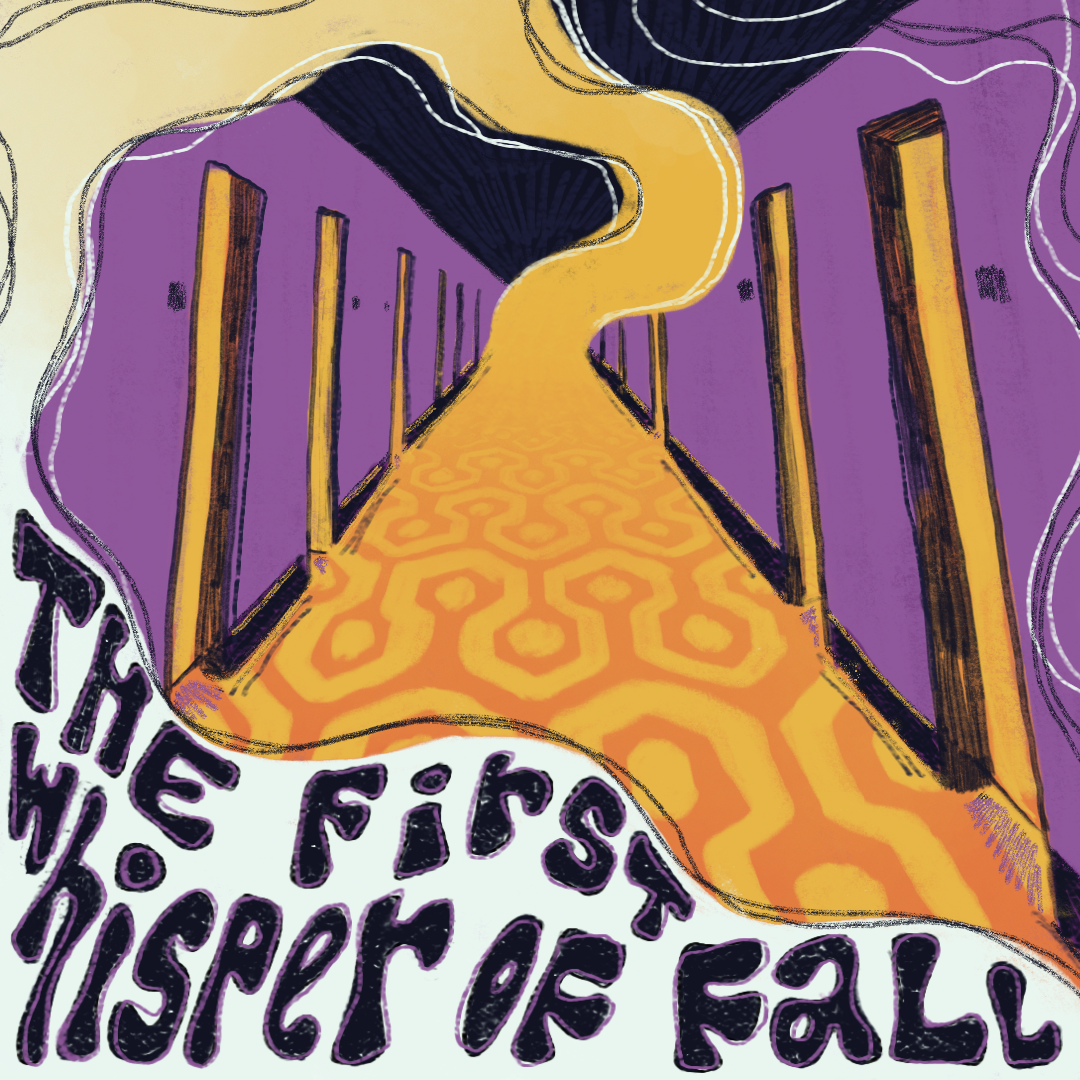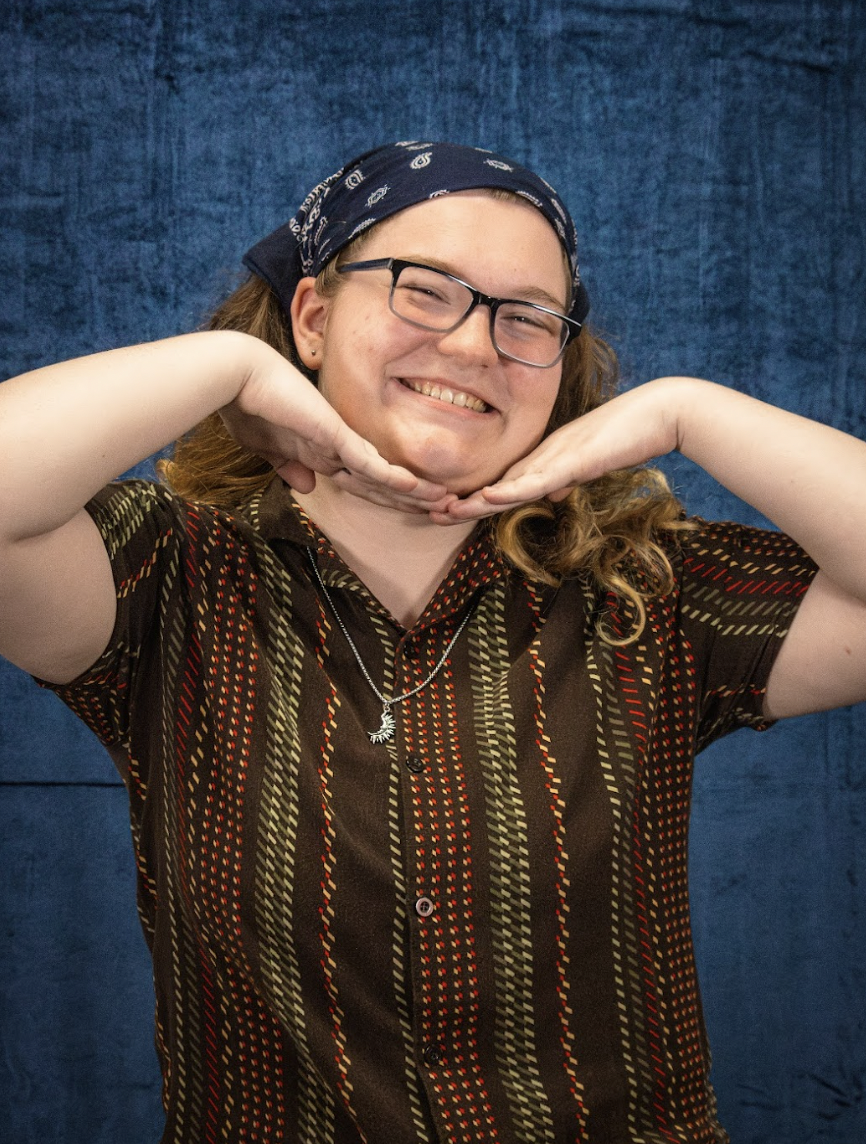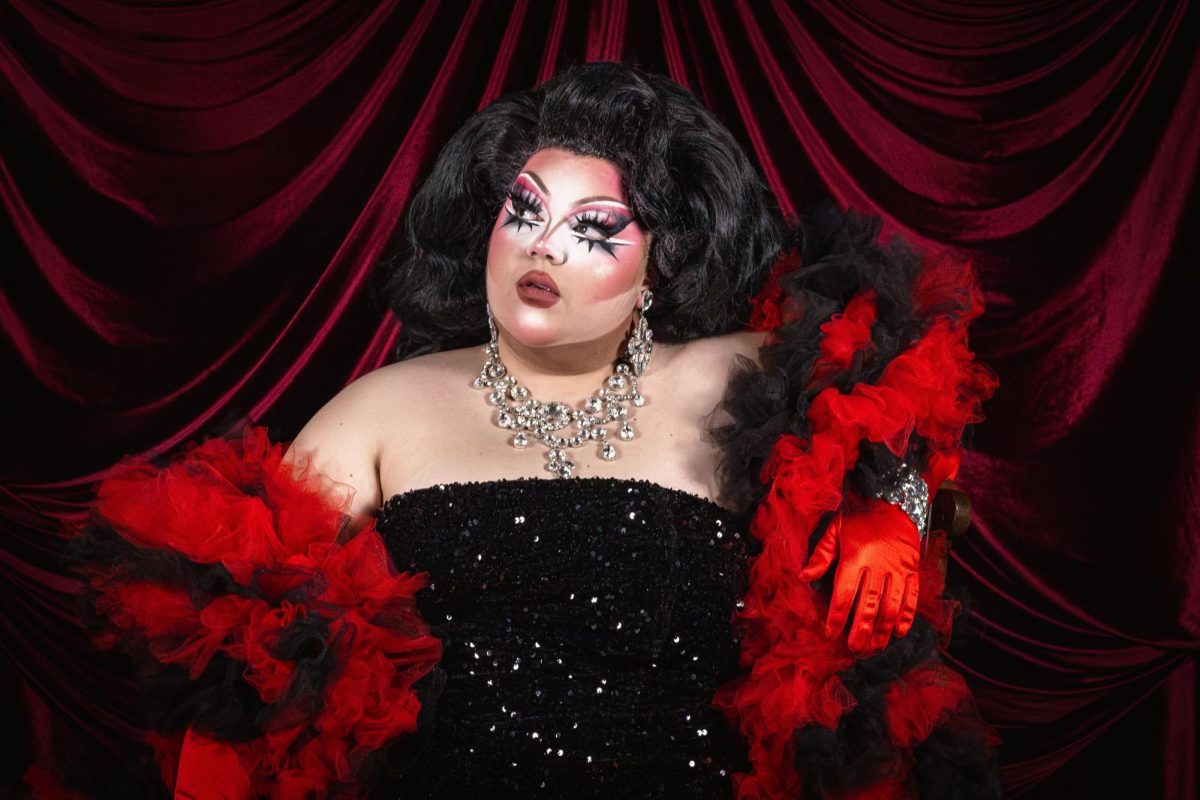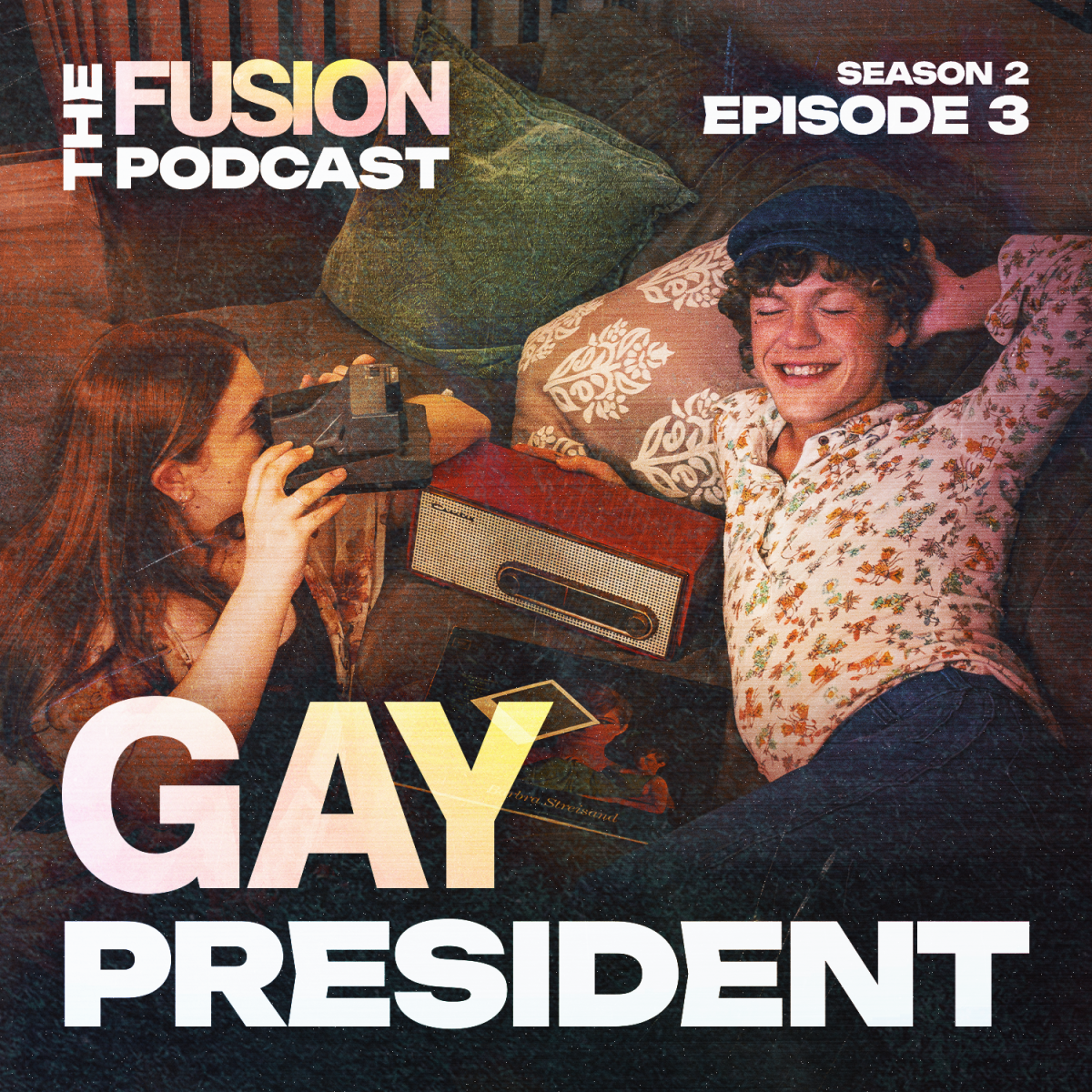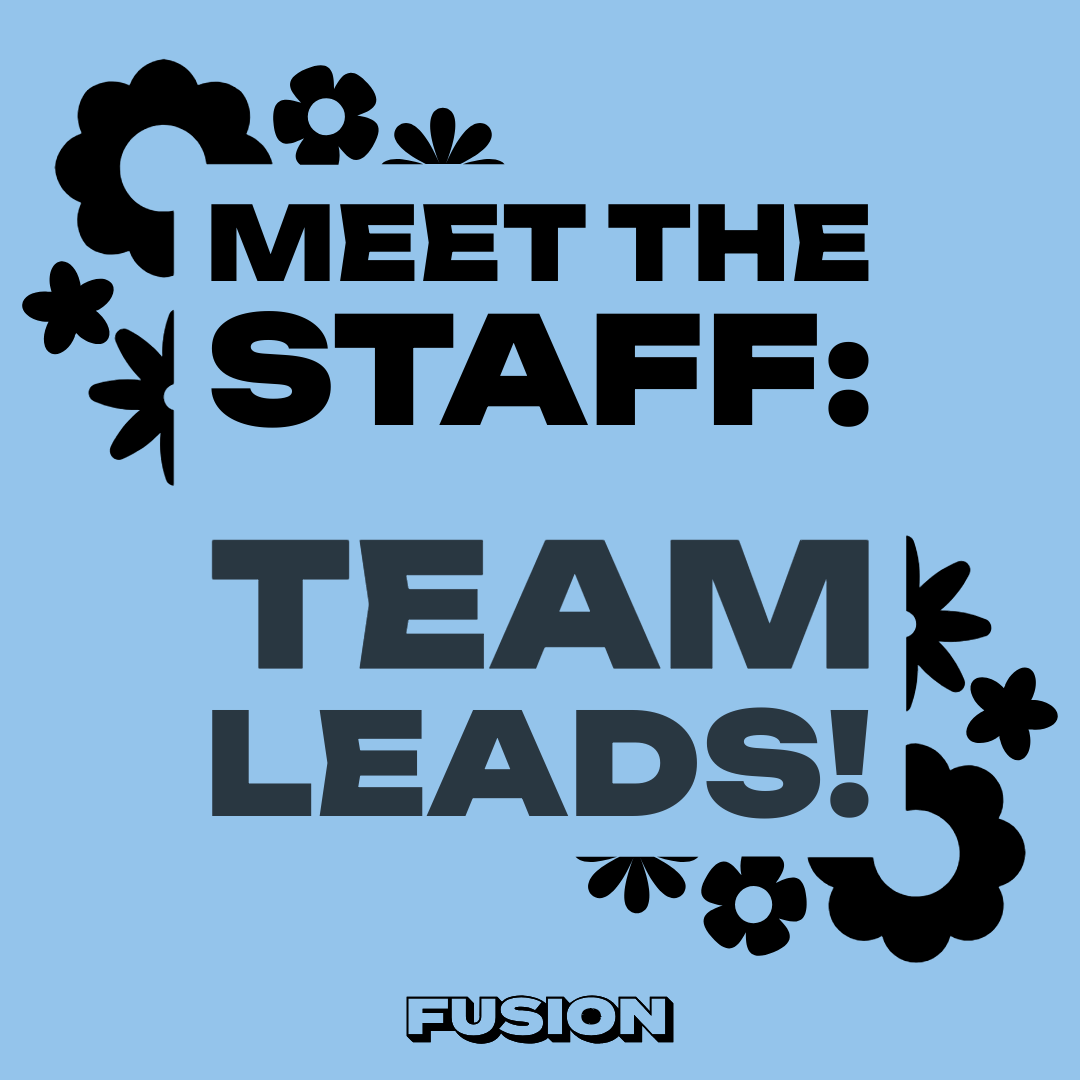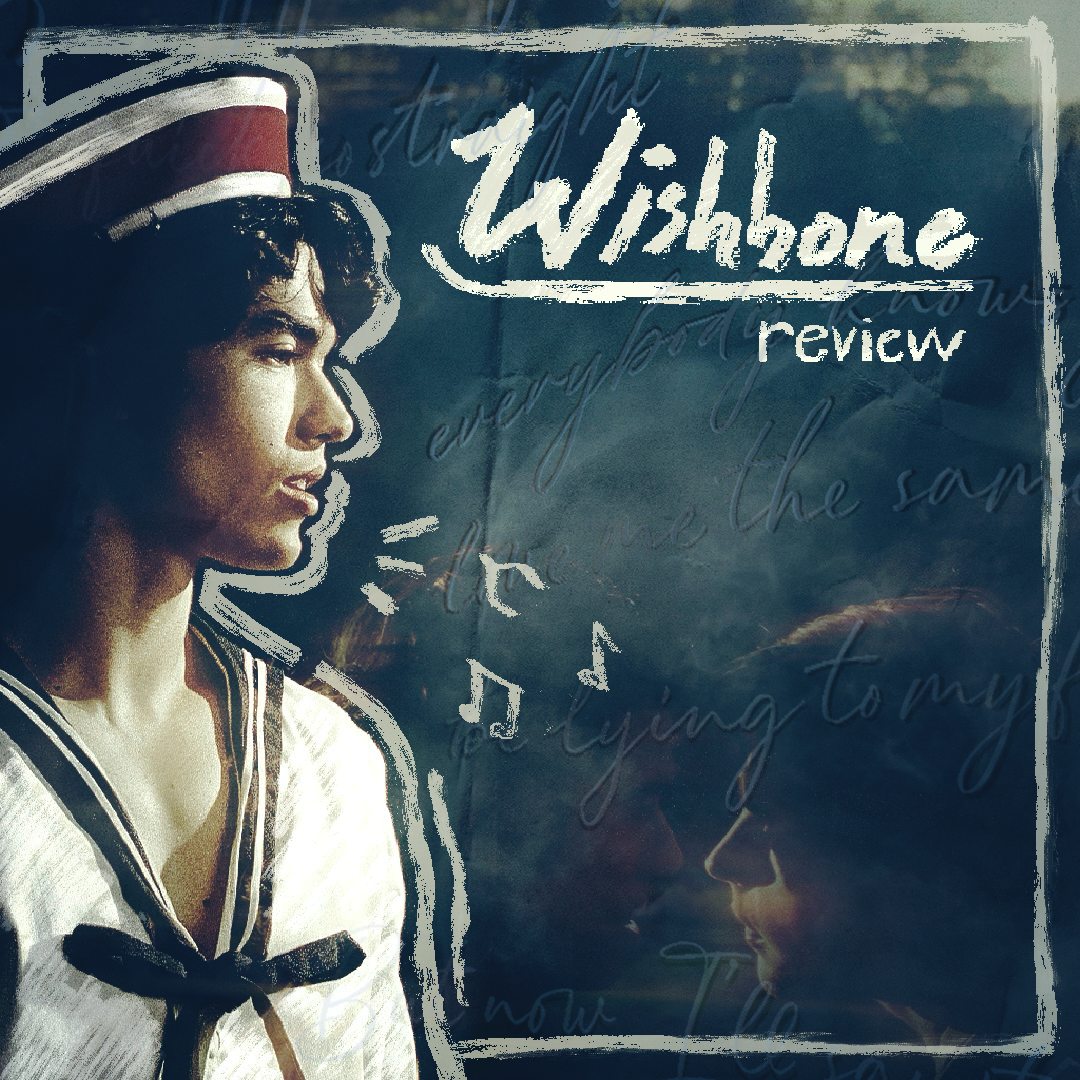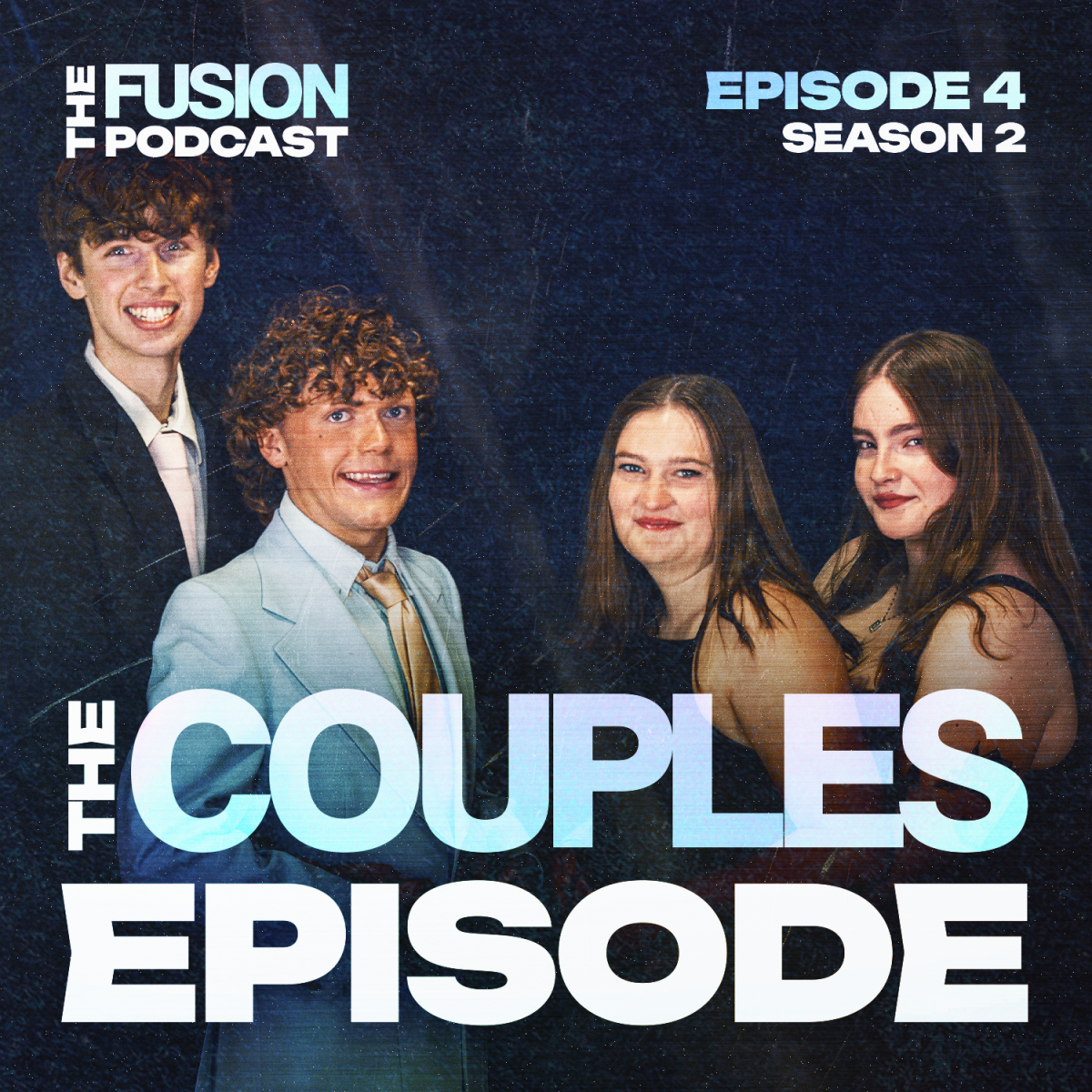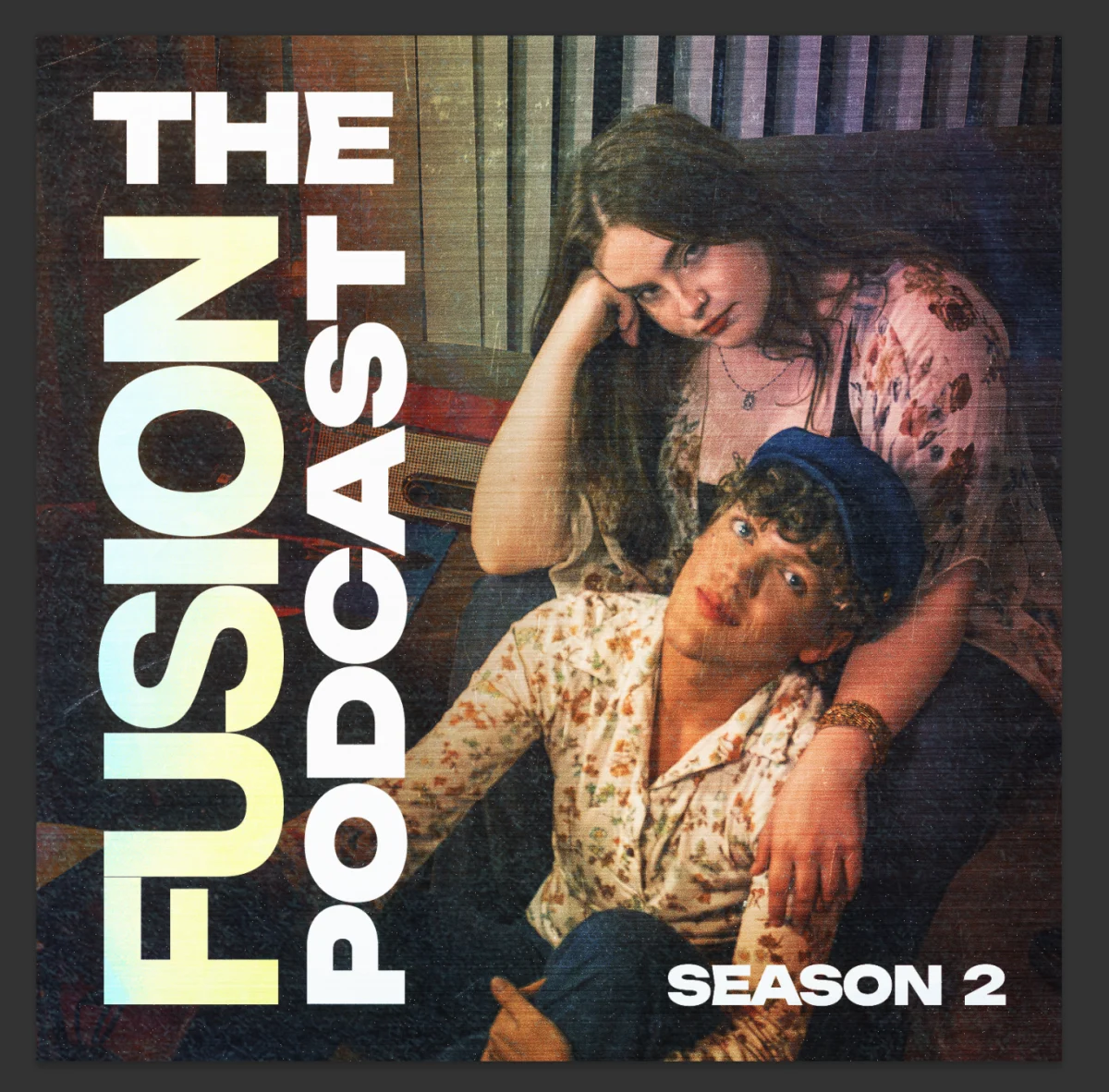
The inner child is defined as “the childlike, usually hidden part of one’s personality that is characterized by playfulness, spontaneity and creativity usually accompanied by anger, hurt and fear attributable to childhood experiences,” wrote Rowan O’Brien in an article for In Magazine.
The inner child is a part of everyone’s subconscious; it’s the little voice inside of our head as a remembrance of adolescent experiences. So many things in our memories can be tucked away, and then later brought up by a triggering of certain moments. Queer people and their inner child have a special relationship when navigating their everyday lives.
Queer people often have to mature faster; adjust to the real life implications that being queer can often be dangerous; and become informed on issues to stay safe instead of focusing on their childhoods.
Risha Nicole, a Kent State student, said, “I’ve also been revisiting some media I consumed as a child. There’s nothing like listening to ‘Between the Lions’ theme song for the first time in 15 years.” She has also found solace in using poetry as a tool to help heal.
Growing up in a household where there was no outwardly expressed approval for queerness, Elliot Burr, Kent State alum, found themselves in a place where they were afraid to rock the boat in their family. Luckily, Burr had a support system of queer friends and allies, but still struggles to find acceptance in being themselves. They have found doing things that are not necessarily aimed towards adults, and not feeling shame for participating in them, has helped heal their inner child. “I bought bath paints the other week because I was never allowed them as a kid and had a blast drawing flowers all over the tub in pastel pinks and greens.”
Childhood experiences that may have been harmful are being rebranded as something fun and memorable. Many LGBTQ+ individuals are doing this in an effort to take back control of something lost in translation, and having to face issues dealt to queer children. Healing the inner child for queer people means taking back the narrative of socially constructed ideas of what it means to be a good child, and how being queer can coexist with childhood fun.

